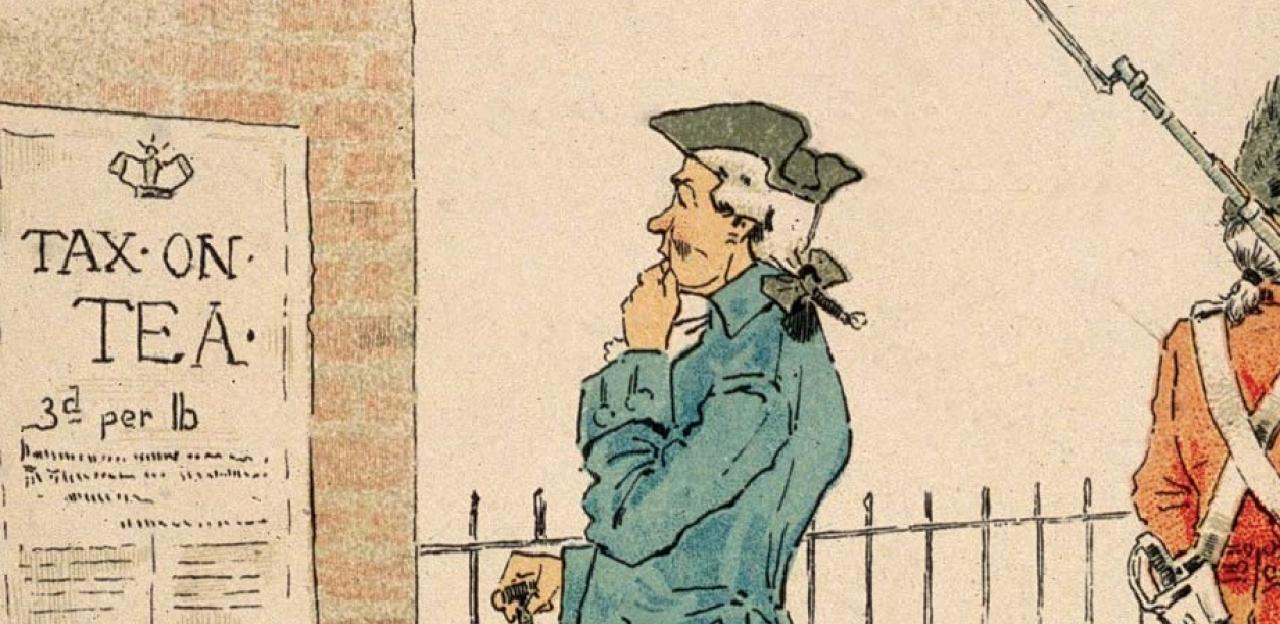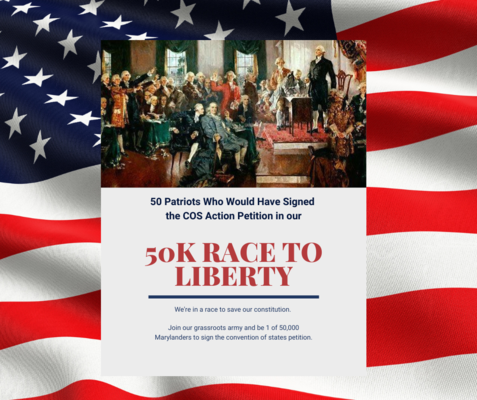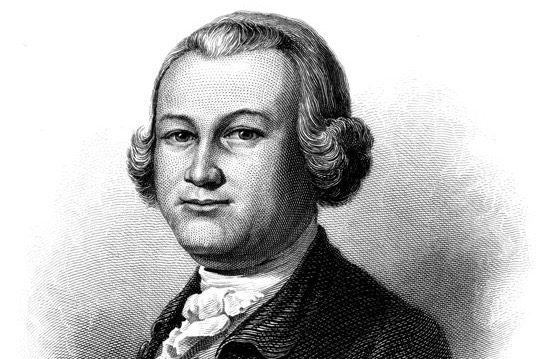James Otis Jr. came from a family of patriots, including his sister, Mercy Otis Warren. He was a lawyer and politician in Boston who was an early supporter of Patriot views against Parliament.
Though he considered himself a Loyalist, his argument against the “writs of assistance” and coining of the phrase “taxation without representation is tyranny” in 1761 was credited by John Adams as being the event where “…the child of independence was born…the seeds of Patriots and Heroes…were then and there sown.”

Otis was American-born, from Massachusetts, and the oldest of 13 children. He graduated from Harvard in 1743 and very quickly made a name for himself in legal circles rising quickly to very prestigious positions.
In 1761 the case Paxon v. Gray allowed for him to challenge the legality of “writs of assistance,” or court-written orders without expiration that enabled authorities to enter any home without notice and without probable cause. The argument against served as the basis of the Fourth Amendment–forbidding general search warrants in the United States of America.
One of the most essential branches of English liberty is the freedom of one’s house. A man’s house is his castle – 1774
Though Otis was loyal to the Crown, he argued against writs of assistance in a five-hour speech. Though he did not win the case, his legal reasoning and superior knowledge, logic, and understanding of law laid the path for the revolutionary movement. For years following, Patriots like John Adams used the themes that Otis had presented to make the case for natural rights.
In 1764 Otis extended his argument in a public pamphlet that concluded: because Americans did not have the representation in Parliament, it was unconstitutional to tax Americans. Though Otis did not consider himself a Patriot and often spoke out against mob violence and radicals, his legal reasoning and presentation of argument led to people taking action.
Following an injury received from a tax collector, Otis had an increasingly difficult time functioning and withdrew from society. He engaged in some legal practice and writing and continued to push forward arguments based on his superior legal knowledge.
Otis was one of the first legal scholars to assert that Blacks and slaves had inalienable rights. In 1764 he wrote “...the colonists are by the law of nature freeborn, as indeed all men are, white or black” and argued that all citizens irrespective of color should be extended the freedoms of life, liberty, and property.
At the founding of our nation, the idea that any person held natural rights extended to them by God was a radical concept. Thankfully, men like James Otis, Jr. were moved to action and continued to work toward freedom and representation for all.
There can be little doubt that James Otis, Jr. would have supported Article V. Please stand with us now, pledging your support for a Convention of States and share the petition with others & encourage them to support the Convention of States movement.







